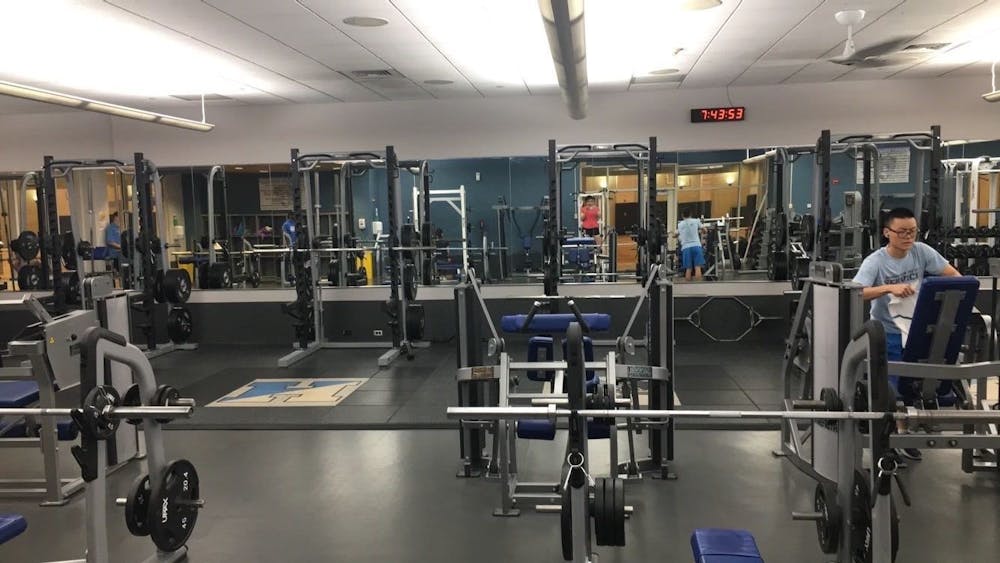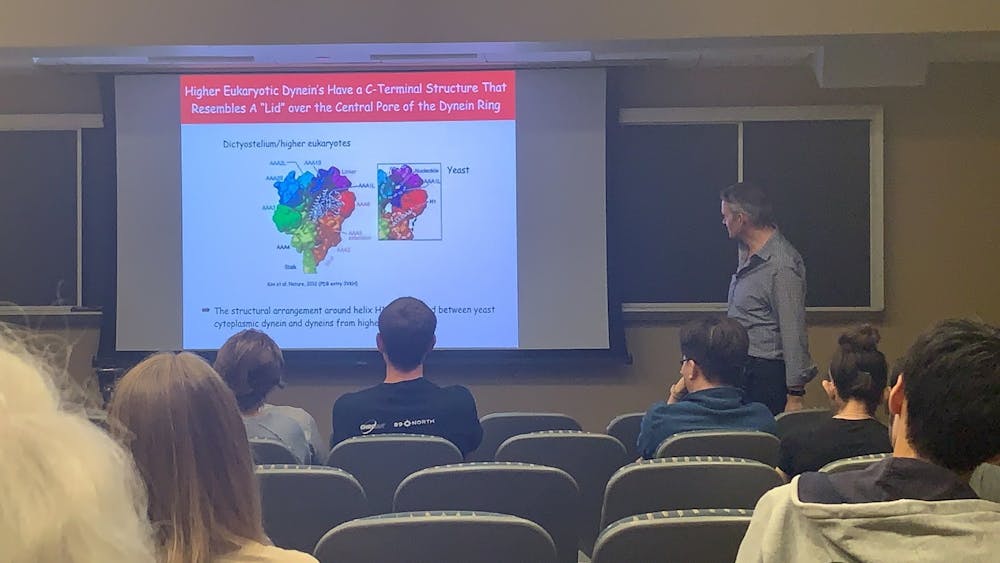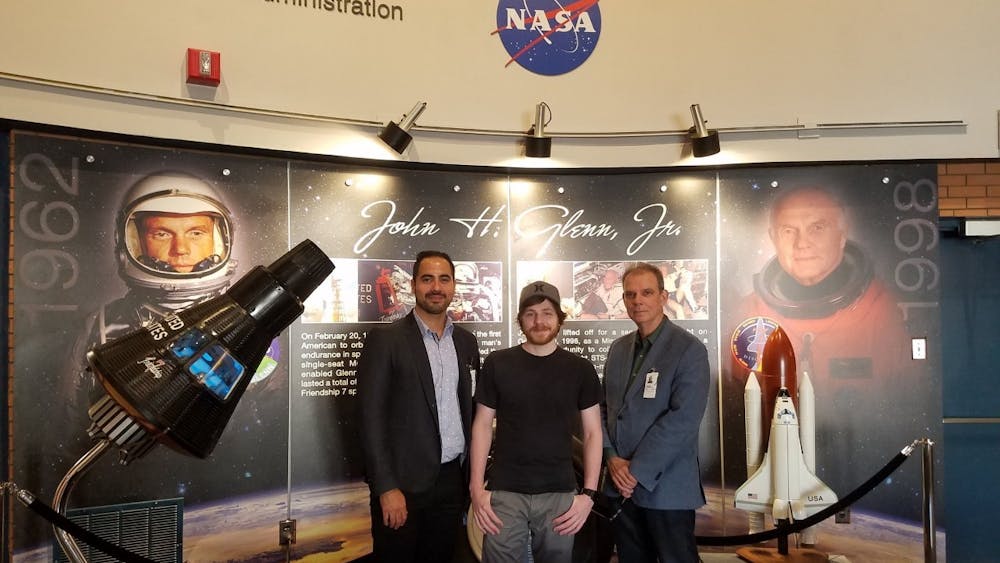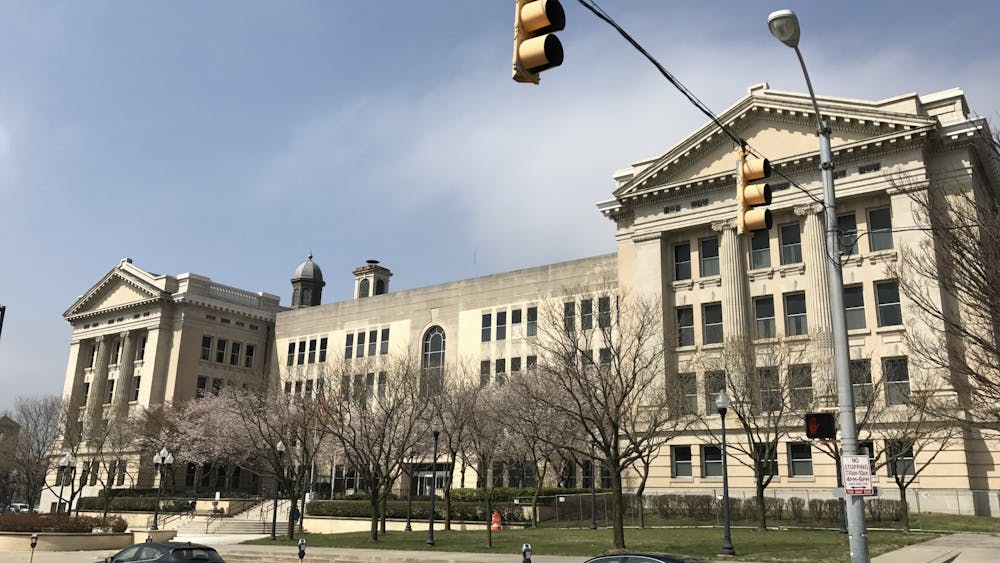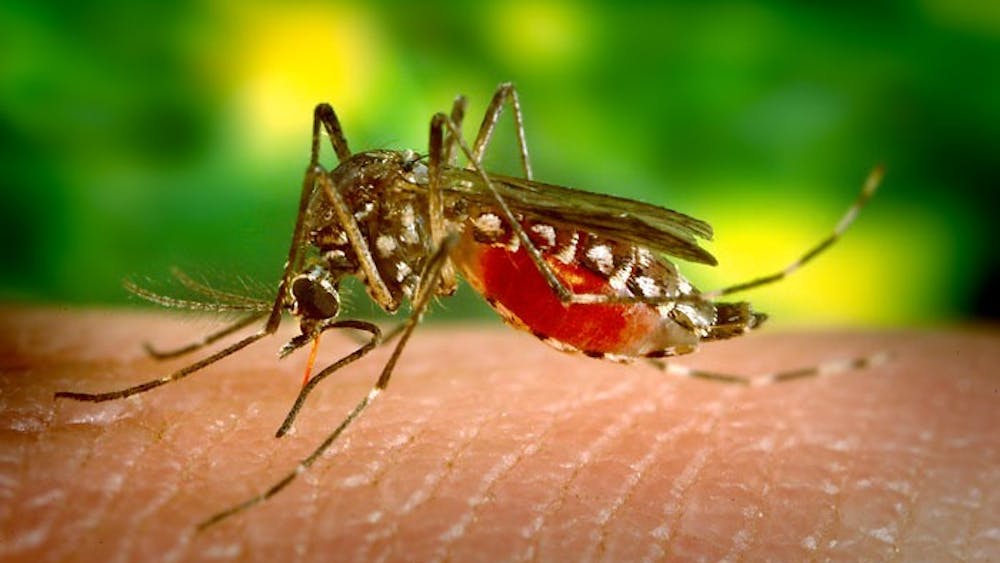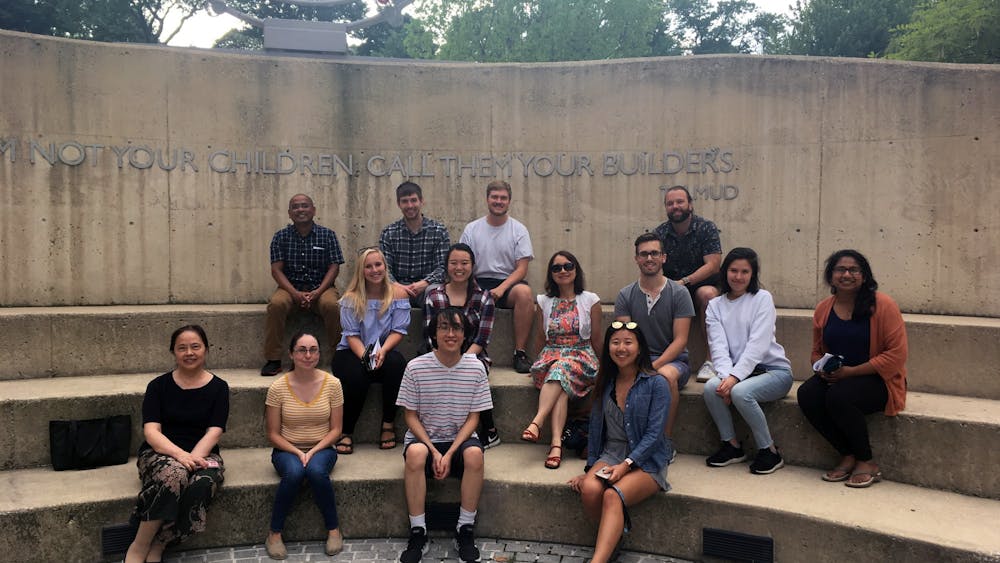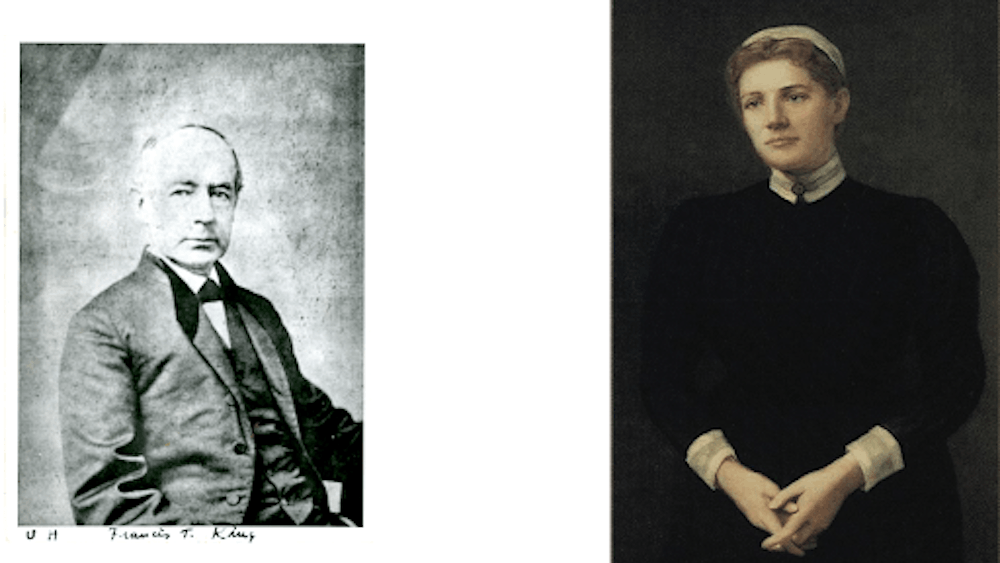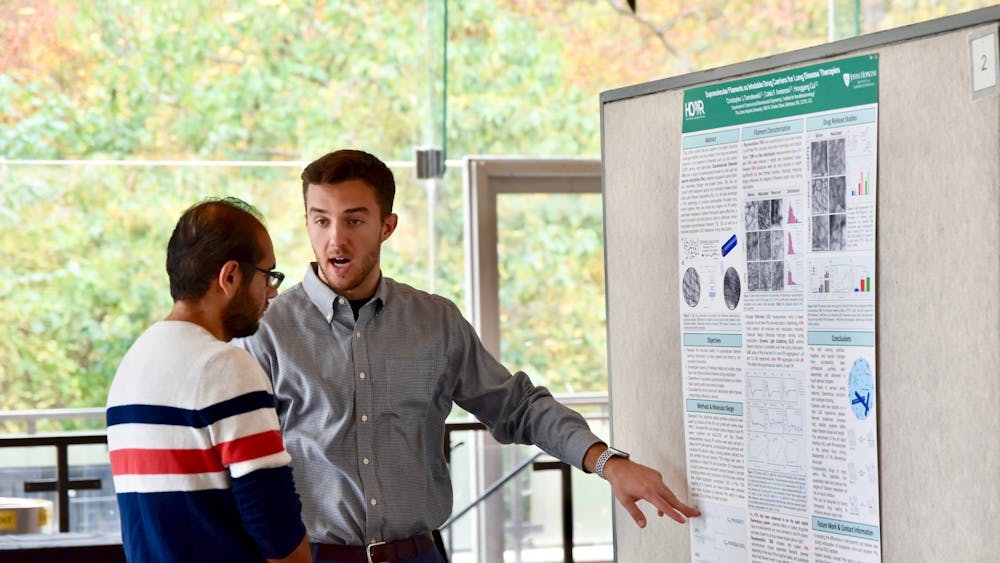Finals Health Series: Exercise can boost academic performance
By DEANNA RAHMAN | December 5, 2019Finals season drives many students to change their daily routines. Sleep schedules are adjusted, time set aside to socialize decreases and exercise routines are minimized or eliminated altogether. In general, these activities are not prioritized by students during this demanding time. However, it has been proven that exercise has benefits for both mental health and academic performance.

